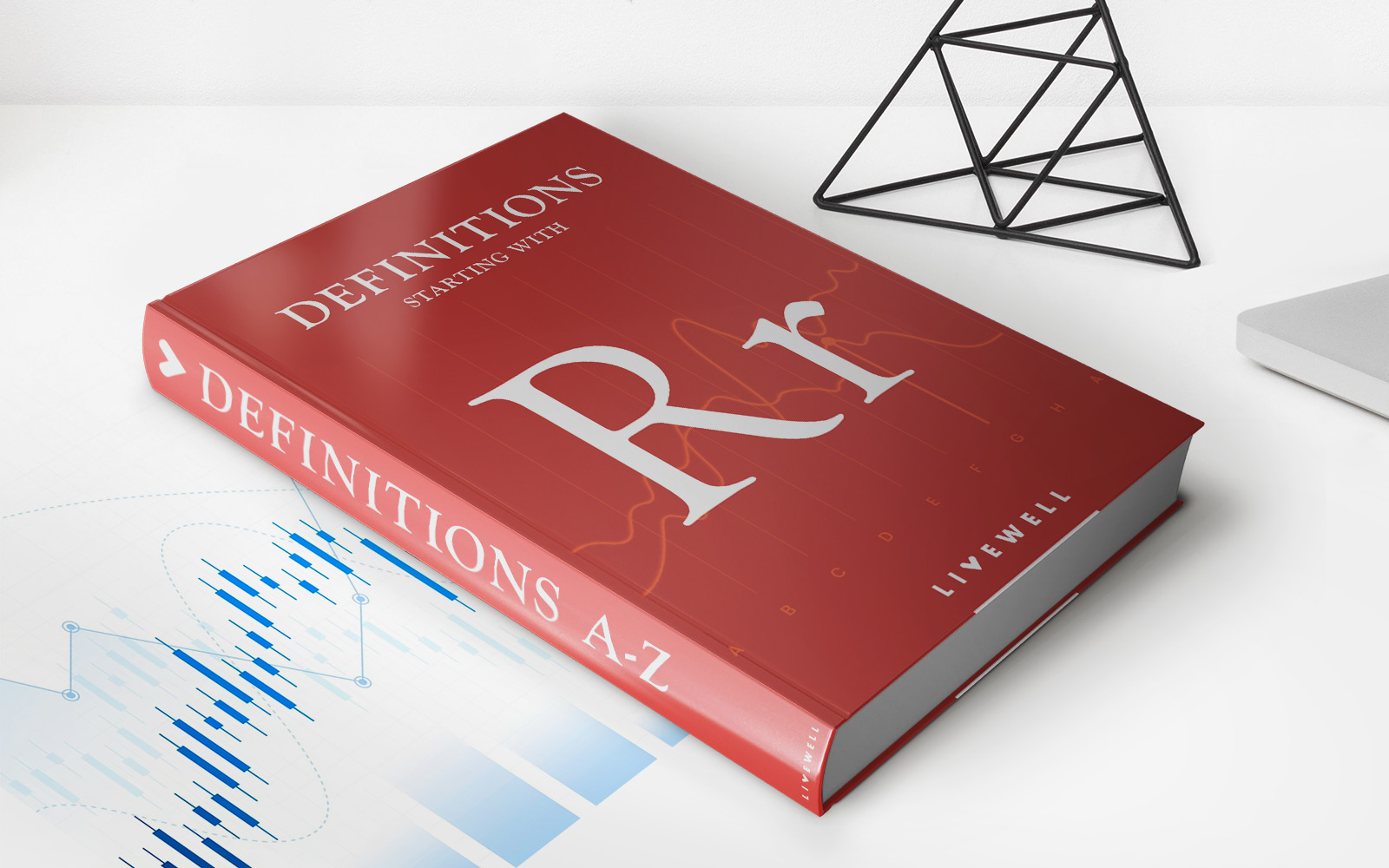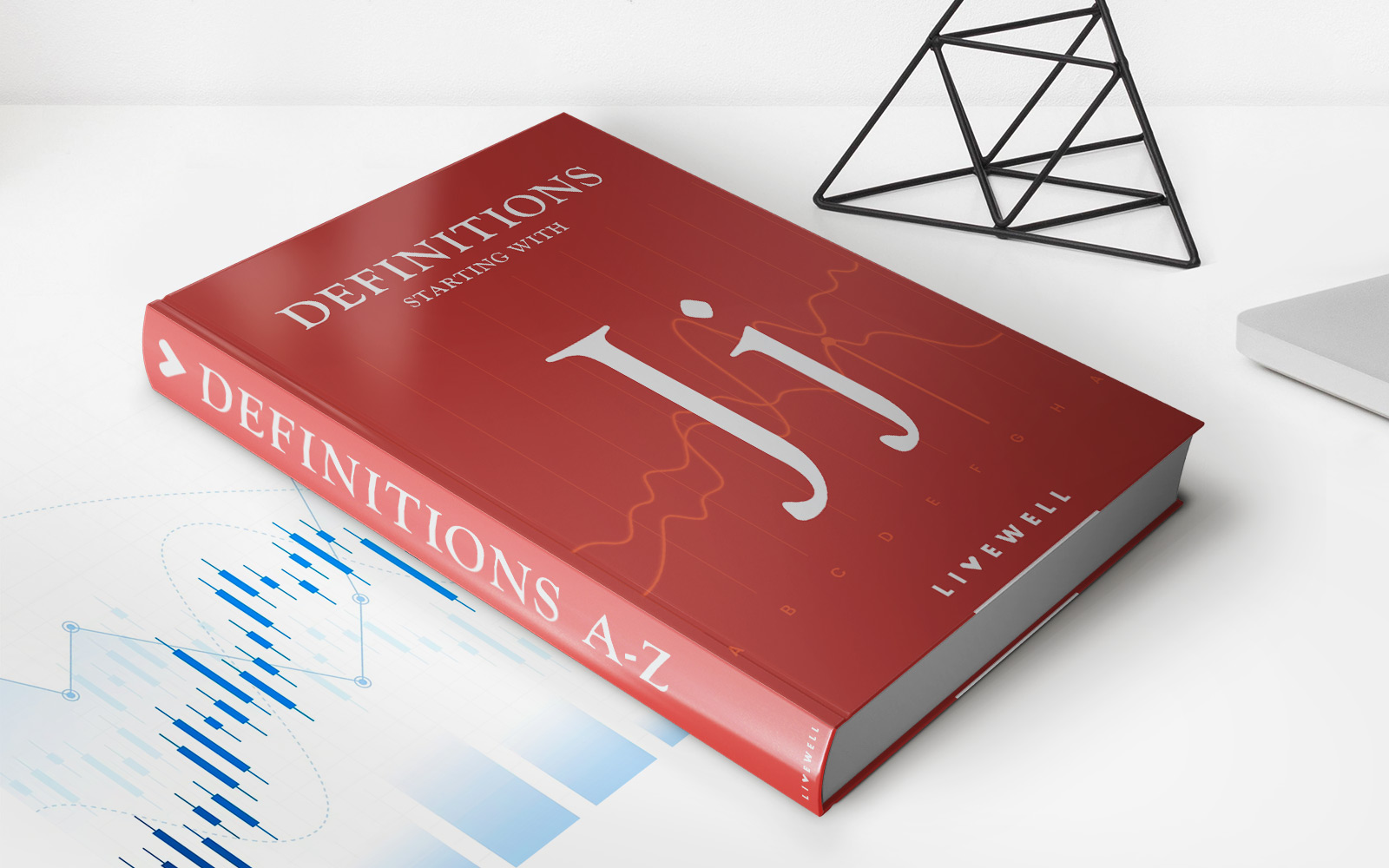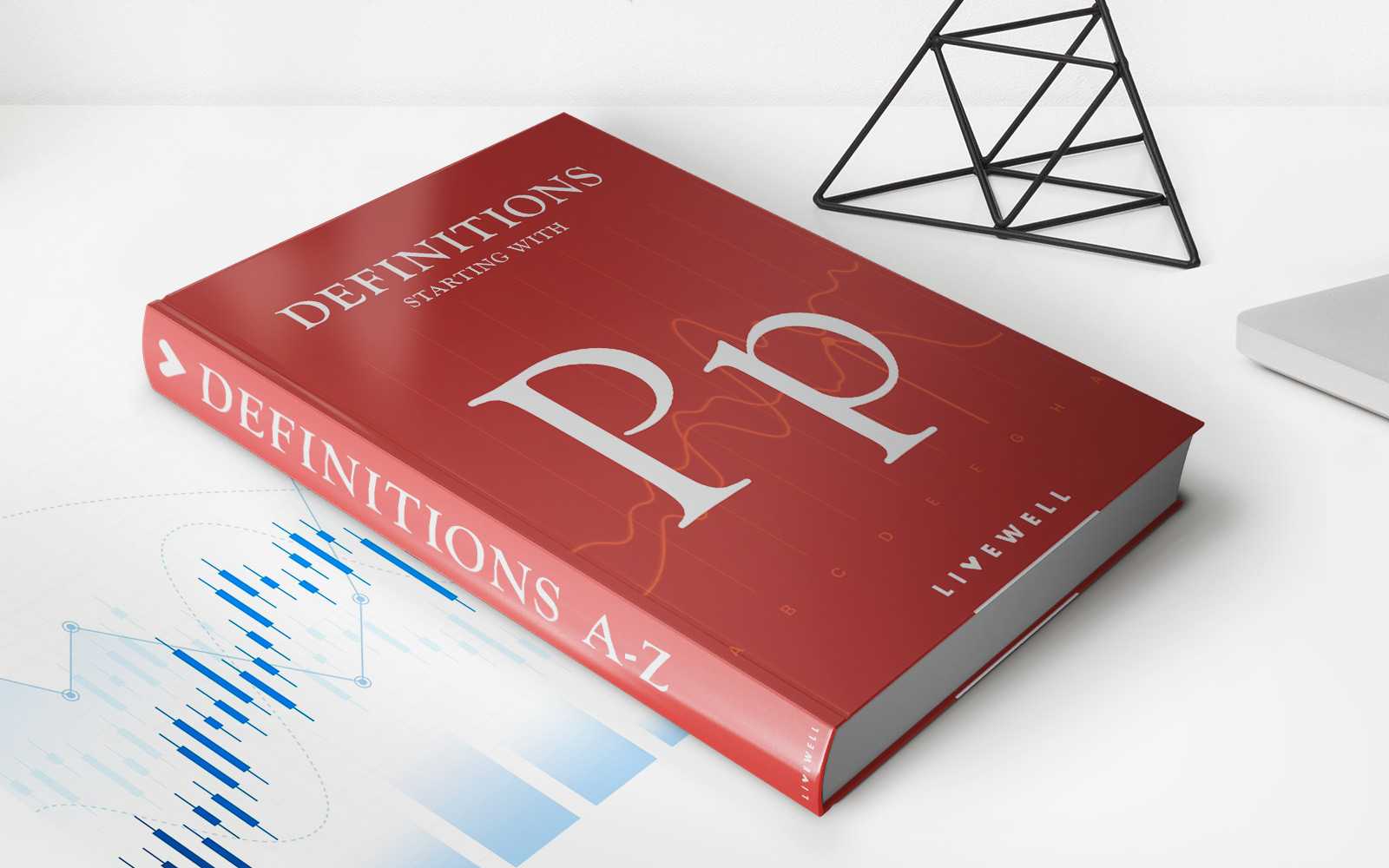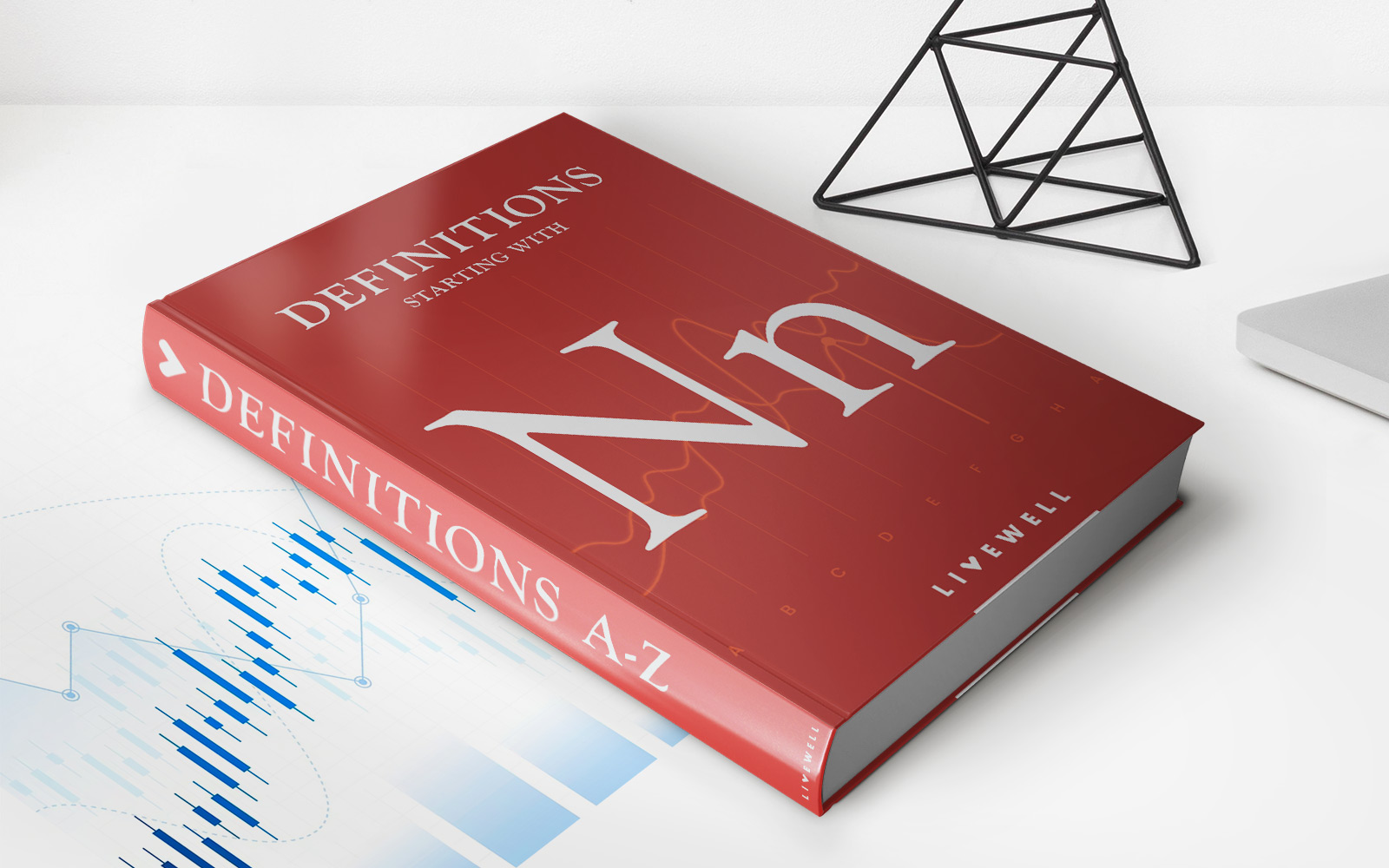

Finance
Bank-Owned Property Definition
Published: October 13, 2023
Discover the meaning of bank-owned property in the world of finance. Learn how they are acquired and what they entail. Boost your financial knowledge now!
(Many of the links in this article redirect to a specific reviewed product. Your purchase of these products through affiliate links helps to generate commission for LiveWell, at no extra cost. Learn more)
Bank-Owned Property Definition: What You Need to Know
When it comes to the world of finance, there are many terms and concepts that can seem confusing or overwhelming. One such term is “bank-owned property.” If you’ve come across this term and are wondering what it means, you’ve come to the right place. In this blog post, we will explain the definition of bank-owned property and why it matters to you.
Key Takeaways:
- Bank-owned property refers to real estate that has been foreclosed on by a bank due to non-payment of the mortgage by the original homeowner.
- Investing in bank-owned properties can offer potential benefits, such as lower prices and better negotiation opportunities.
So, what exactly is bank-owned property? Essentially, bank-owned property, also known as real-estate owned (REO) property, is a term used to describe properties that have been taken back by banks or other financial institutions after the original homeowner defaulted on their mortgage payments. When a homeowner fails to make mortgage payments for an extended period of time, the lender has the legal right to foreclose on the property and take possession of it.
Now, you might be wondering, why does bank-owned property matter to you? Here are a few reasons why understanding this concept can be beneficial:
- Lower Prices: Bank-owned properties are often priced below market value as lenders aim to sell them quickly to recoup their losses. This means that potential buyers like you can find great deals and potentially save a substantial amount of money.
- Negotiation Opportunities: Banks are motivated sellers when it comes to REO properties. They want to offload these properties as soon as possible to minimize their losses and reduce the expenses associated with maintaining vacant properties. This motivation can present buyers with opportunities to negotiate favorable terms and conditions.
As with any real estate purchase, it’s important to do your due diligence and thoroughly research bank-owned properties before making a decision. It’s essential to consider factors such as the property’s condition, potential repairs or renovations required, and the local real estate market.
In conclusion, bank-owned property refers to real estate that has been repossessed by a financial institution due to non-payment of the mortgage. Understanding this concept can provide you with opportunities for finding properties at lower prices and with better negotiation options. If you’re interested in real estate investments or simply looking for a new home, keep an eye out for bank-owned properties near you.














